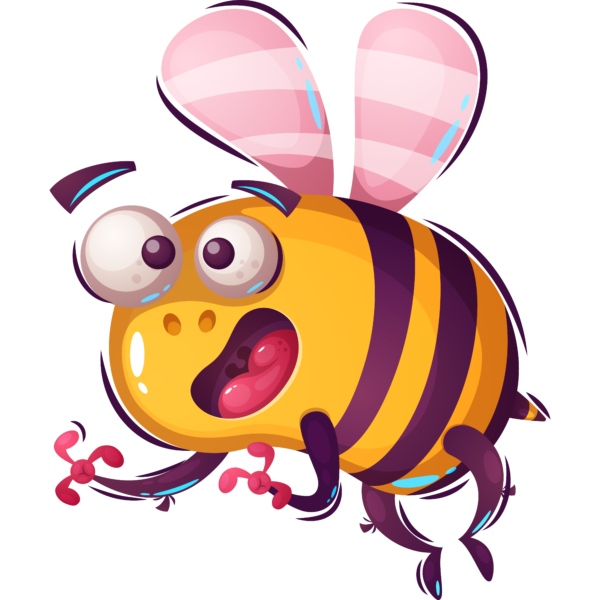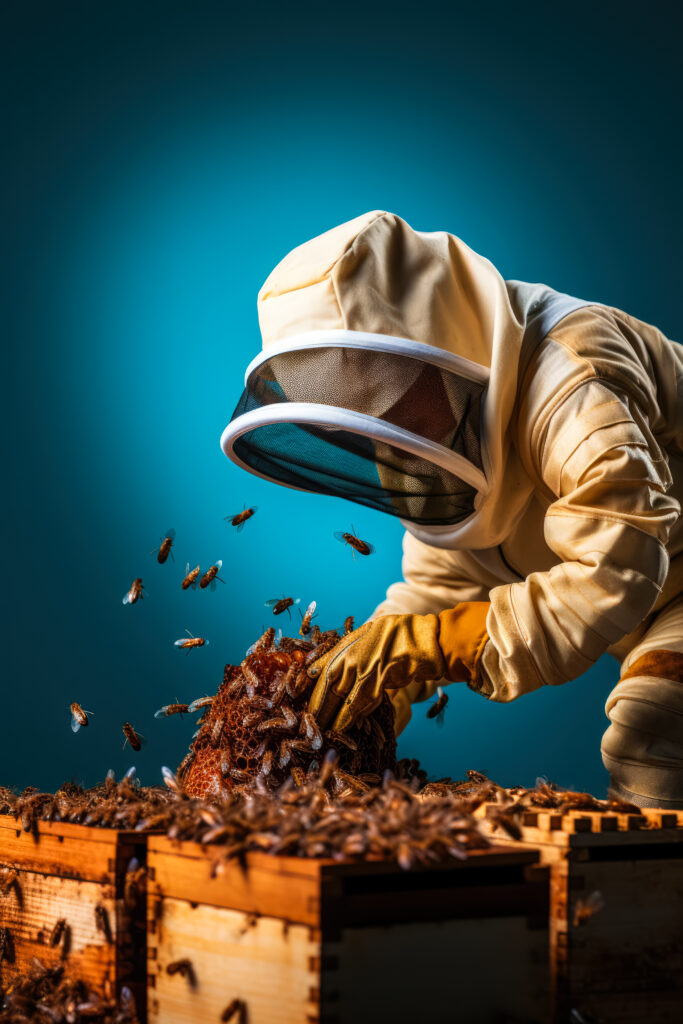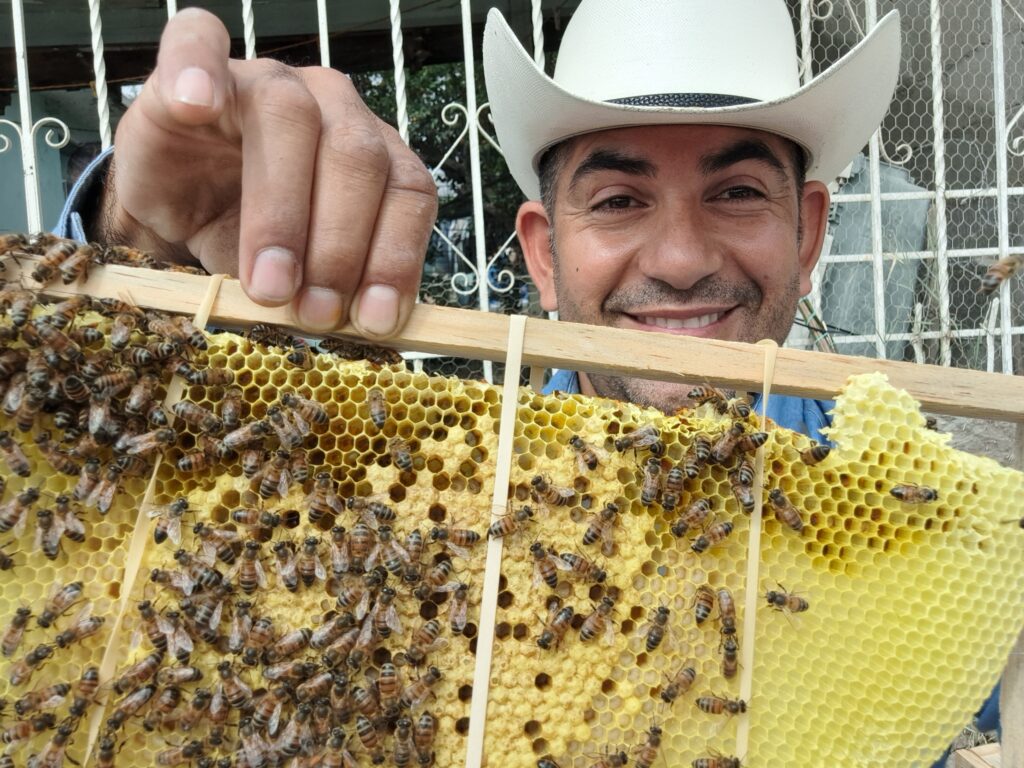Bee Health and Disease Research.
Bee Health and Disease Research in Apiculture: Safeguarding the Vital Pollinators
Introduction
In the intricate world of apiculture, the realm of "Bee Health and Disease Research" serves as a linchpin in the preservation of these essential pollinators. This category encompasses a wide array of studies that delve into the well-being of bees, from honeybees to native species, with a specific focus on understanding and mitigating diseases and health challenges. In this professional discourse, we explore the pivotal significance of bee health and disease research, the formidable challenges that beset this field, and the transformative contributions it makes to the conservation of pollinators and the sustainability of agriculture.
The Significance of Bee Health and Disease Research
Bee health and disease research is of paramount significance due to its wide-reaching impact:
Pollination Services: Bees play a critical role in pollinating both wild plants and agricultural crops. Research into their health and the management of diseases ensures the continuity of this essential ecological service.
Agricultural Productivity: Healthy bee populations contribute to better crop yields and quality, directly impacting the world's food supply and agricultural sustainability.
Ecosystem Health: Bees are integral components of ecosystems, pollinating a wide range of plant species. Research into bee health supports biodiversity and the health of ecosystems.
Honey and Hive Products: Healthy bees are essential for honey production and the production of hive products, which have economic significance.
Challenges in Bee Health and Disease Research
While the significance of bee health and disease research is undeniable, it comes with formidable challenges:
Complex Diseases: Bee diseases often result from complex interactions between pathogens, environmental factors, and bee genetics. Identifying the causes and mechanisms of diseases can be challenging.
Pesticide Exposure: The use of pesticides, especially systemic pesticides like neonicotinoids, poses a significant threat to bee health, making it difficult to pinpoint the cause of health issues.
Varroa Mites: Varroa destructor mites are a pervasive threat to honeybee health, and controlling them is an ongoing challenge due to their rapid reproduction and resistance to treatment.
Climate Change: Altered weather patterns and flowering times due to climate change can affect the availability of nectar and pollen resources, impacting bee health.
Strategies for Bee Health and Disease Research
Researchers employ various strategies to address these challenges and advance bee health and disease research:
Pathogen Identification: Advanced techniques in molecular biology and genetics allow for the identification of bee pathogens, including viruses, bacteria, and fungi.
Pesticide Assessment: Researchers evaluate the impact of pesticides on bee health, conducting controlled experiments to assess their effects.
Varroa Mite Control: Strategies for controlling Varroa mites involve the use of chemical treatments, breeding for mite resistance, and exploring alternative management methods.
Habitat and Forage Enhancement: Creating and preserving pollinator-friendly habitats with diverse forage resources supports bee health and resilience.
Collaboration with Beekeepers: Beekeepers' observations and experiences are invaluable for research efforts, providing insights into hive management and bee health.
Education and Outreach: Raising awareness about bee health and diseases among beekeepers, farmers, and the public is essential for garnering support and action.
Benefits and the Way Forward
The benefits of bee health and disease research are profound:
Ecosystem Health: Research contributes to the health and resilience of ecosystems by supporting the pollinators that are vital for plant reproduction.
Agricultural Productivity: Insights gained from research enhance agricultural productivity by improving pollination services.
Conservation of Native Species: Bee health research extends to the conservation of native bee species, contributing to the preservation of biodiversity.
Scientific Advancements: Advances in bee health and disease research have broader implications for our understanding of disease ecology and pollinator health.
In conclusion, bee health and disease research is a critical aspect of apiculture that not only benefits bee populations but also supports the health of ecosystems and agricultural productivity. As we face ongoing challenges, from the impacts of pesticides to the complex interactions of bee pathogens, the insights gained from this field are indispensable in safeguarding these vital pollinators. The way forward entails continued research, collaboration between scientists and beekeepers, and the application of innovative techniques to address the challenges and unlock the potential of bee health and disease research.




